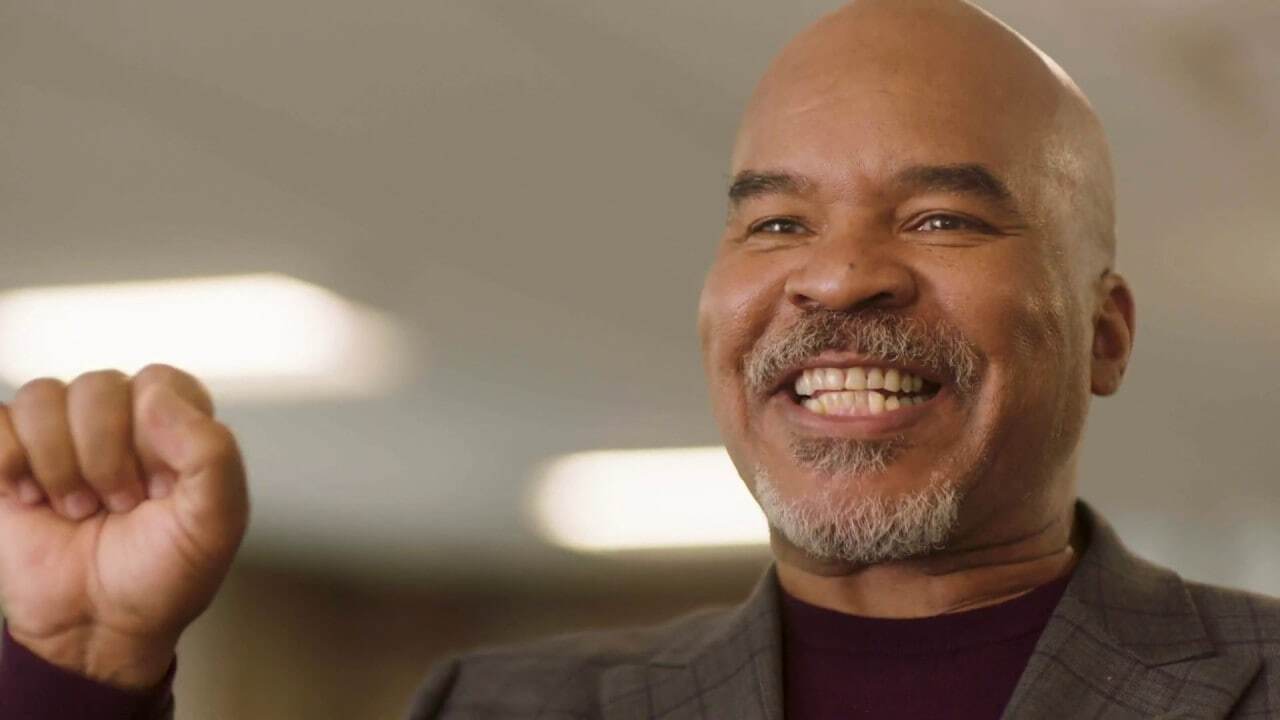Kim Scott & Dick Costolo Explore the Fallout of Poor Promotion Practices
Edited By Brandi Neal, Radical Candor podcast writer and producer, and director of content creation for Radical Candor. This article about how to...

DILEMMA: Providing criticism to senior executives can be a daunting undertaking. How do you practice Radical Candor with executives, especially if you know they haven’t been receptive to criticism in the past?
We received this question from one of our readers:
How do you solve the problem of senior executives who tend to shut down and adopt an Obnoxious Aggressive position when faced with criticism?
I’ve found that the Obnoxious Aggressive ones are often challenged internally by feelings of embarrassment and/or shame. Over the course of their career, they have been incredibly successful.
And then they finally meet a situation that forces them into a place of realizing they have little or no skills and experience to solve an interpersonal management problem.
All too often they bury the problem, and then they bury the fact that they have buried the problem making it really hard to bring to the surface without a total nuclear blow-up.
What can make this harder is if there is a corporate culture of behaviors designed to avoid shame and embarrassment. T
These behaviors take the form of policies or actions that prevent individuals, groups, and organizations from experiencing embarrassment or threat.
Moreover, as I mentioned above, these defensive routines are “self-sealing.” Because if an action that helps to reduce embarrassment is made public, it would be ineffective. Therefore, it must also be hidden.
For an individual executive do you just put on your body armor and just do it? Or do you have another way? When it’s systemically a part of the corporate culture, what then?
—L
This is a GREAT question and a hard one. Here are my thoughts.
Somebody recently tweeted at me “Tried Radical Candor with my boss. Got fired.” I offered to help the person get a new job, but he had already found one, happily. But when I say it’s not just your job but your moral obligation to offer Radical Candor, I’m speaking to people who are the boss, or who are in a position of authority. When it comes to being Radically Candid with your boss, it’s OK to proceed with a little more caution.
It's a lot easier to lead by example than it is to change other people’s behavior. Here are some specific things you can do to achieve this:
 I once bought a 3-foot tall “you were right, I was wrong” statue and gave it to somebody each week. If that’s too corny for you, find some other way to show people when you know you’re wrong and that you appreciate being told so.
I once bought a 3-foot tall “you were right, I was wrong” statue and gave it to somebody each week. If that’s too corny for you, find some other way to show people when you know you’re wrong and that you appreciate being told so.Show the executive why being open to criticism works better than shutting it down. In an environment that is culturally unaccepting of criticism, people will probably think you’re crazy when you criticize yourself publicly, so be prepared.
And, as you say, keep your body armor on!
I hope this helps. I wish you the very best in your efforts to change the culture and am here any time for follow-up questions. Do let me know how it’s going.
————————————————————————————————————————————————————————————–
Need help practicing Radical Candor? Then you need The Feedback Loop (think Groundhog Day meets The Office), a 5-episode workplace comedy series starring David Alan Grier that brings to life Radical Candor’s simple framework for navigating candid conversations.
You’ll get an hour of hilarious content about a team whose feedback fails are costing them business; improv-inspired exercises to teach everyone the skills they need to work better together, and after-episode action plans you can put into practice immediately to up your helpful feedback EQ.
We’re offering Radical Candor readers 10% off the self-paced e-course. Follow this link and enter the promo code FEEDBACK at checkout.

Edited By Brandi Neal, Radical Candor podcast writer and producer, and director of content creation for Radical Candor. This article about how to...

If your boss doesn’t give you feedback, it's important to know how to ask for feedback from your manager.

Edited by Brandi Neal, Radical Candor podcast writer and producer, and director of content creation for Radical Candor. When frustration flares, it’s...